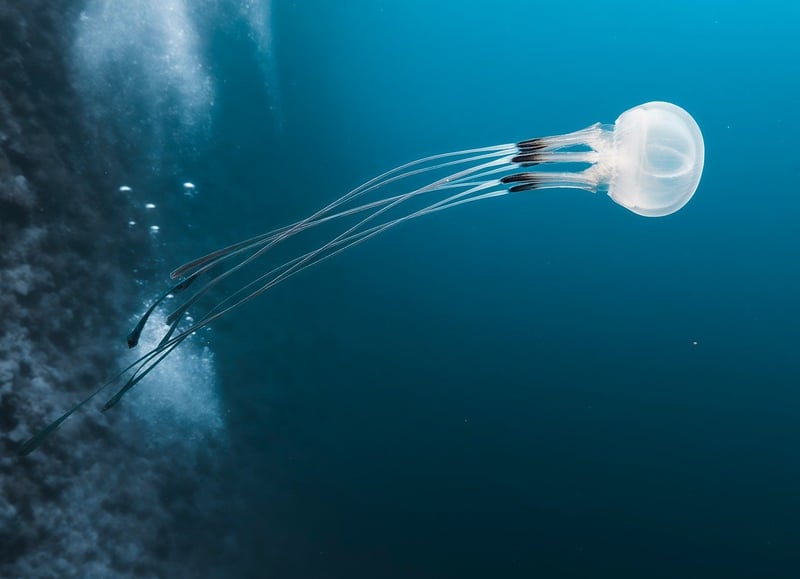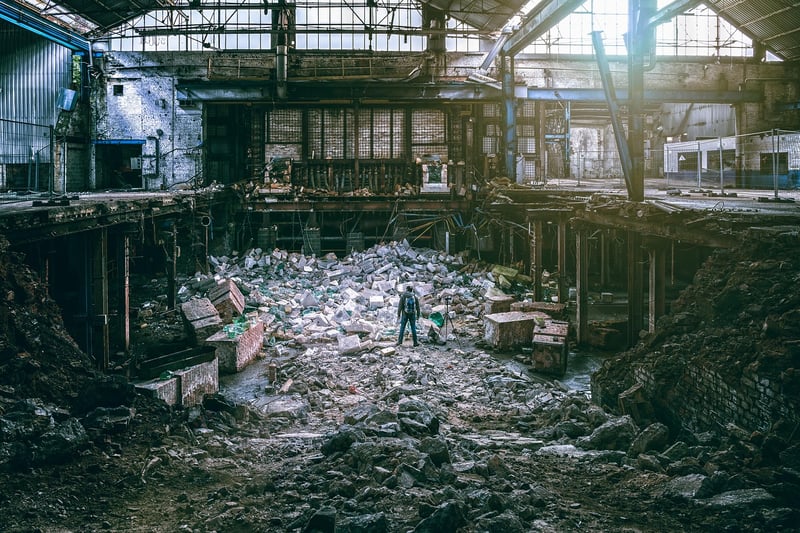Future Exploration
Exploring Different Eras and Future Exploration
Introduction
Exploring different eras allows us to understand our past, present, and potentially shape our future. From ancient civilizations to modern innovations, each era has its unique characteristics and contributions to human history. Let's delve into various historical periods and ponder the possibilities of future exploration.
Ancient Era
The ancient era encompasses the time of early human civilizations such as the Egyptians, Greeks, and Romans. These societies laid the foundation for architecture, art, philosophy, and governance. To visualize this era, imagine the grand pyramids of Giza, the intricate sculptures of the Parthenon, and the engineering marvels of the Roman aqueducts.

Medieval Era
The medieval era, characterized by knights, castles, and feudalism, was a time of both chivalry and turmoil. The Gothic cathedrals, like Notre Dame in Paris, and the epic tales of King Arthur exemplify the rich tapestry of this period in history.

Industrial Revolution
The Industrial Revolution marked a significant shift in human progress with advancements in manufacturing, transportation, and communication. Steam engines, factories, and railroads revolutionized society, leading to urbanization and mass production.

Modern Era
The modern era, shaped by technology and globalization, has seen rapid advancements in science, medicine, and space exploration. From the invention of the internet to the first moon landing, this era continues to redefine what is possible for humanity.

Future Exploration
Looking ahead, future exploration holds exciting prospects in various fields. Space exploration, artificial intelligence, renewable energy, and biotechnology are just a few areas where groundbreaking discoveries and innovations are anticipated. The quest to uncover new frontiers and push the boundaries of human knowledge continues to inspire generations.
Conclusion
Exploring different eras provides us with valuable insights into where we come from and where we are headed. By learning from the past and embracing future exploration, we can shape a brighter and more informed tomorrow for ourselves and future generations.
